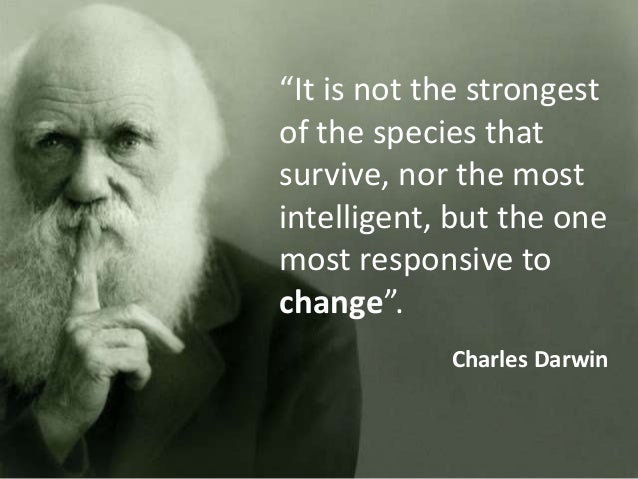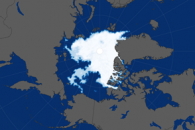Today, a co-worker told me his next car would be another muscle car. He knows I work on climate. He knows I drive an EV. He knows I advocate for EVs and a carbon tax. He knows that the climate is changing. He knows that humans are the cause. He is a liberal that donates to public radio. He cares about our world.
I have always worked hard to remain patient in my communications on climate. Alienating people, shaming people, dismissing people's concerns? That will generally shut down communication. That is definitely not what I want to accomplish. So I take it step by step.
But today, this coworker, let's call him Peter, crossed a line. I just couldn't understand why he was taunting me...for that is what it was... a taunt, daring me to respond forcefully. Maybe Peter was looking for me to set limits? Maybe he wanted to argue? I didn't know.
I first suggested once again that he test drive my EV. I reminded him of the instant torque. But then, when he dismissed my offer yet again, I found myself reminding him of the IPCC report..."we have just 12 years to cut emissions in half." "Yes, I know. We are fucked," he said. "No," I said. "We are not fucked. THAT is a cop out."
I have always worked hard to remain patient in my communications on climate. Alienating people, shaming people, dismissing people's concerns? That will generally shut down communication. That is definitely not what I want to accomplish. So I take it step by step.
But today, this coworker, let's call him Peter, crossed a line. I just couldn't understand why he was taunting me...for that is what it was... a taunt, daring me to respond forcefully. Maybe Peter was looking for me to set limits? Maybe he wanted to argue? I didn't know.
I first suggested once again that he test drive my EV. I reminded him of the instant torque. But then, when he dismissed my offer yet again, I found myself reminding him of the IPCC report..."we have just 12 years to cut emissions in half." "Yes, I know. We are fucked," he said. "No," I said. "We are not fucked. THAT is a cop out."
Then he did it. He had the temerity to raise George Carlin. "Really?" I thought, "Really, George Carlin?" He didn't get the chance to finish Carlin's quote. I pounced, "I hate that George Carlin tripe." He persisted, "wait, no, he's right, the Earth will be fine."
"Of course, Earth will be fine," I returned. "Of course it will. THIS IS NOT ABOUT THE EARTH. THIS IS ABOUT SUFFERING. EVERY SINGLE CARBON ATOM LEFT UNDER GROUND MEANS A LITTLE BIT LESS SUFFERING."
He stopped. Looked up. "You are very kind, aren't you?"
Everyone around us was now politely walking away. Have I severed any important working relationships? Will I now be dismissed as a nutter tree hugger? Irony that...tree hugger. That is precisely NOT what I've just made the case for, I think.
Work rolls on and we go our separate ways. And then I receive this email from Peter:
"Regarding our conversation about global warming this morning:
As I reflect on it, I more fully understand your point. There will indeed be MUCH human suffering and massive loss of life. I, the misanthrope, focus on the entire planet and [insert misanthropic rant here]. I still perceive all of that the same way, but you shone a light on a consequence of global warming that I was just plain not looking at. ('How many times can a man turn his head and pretend that he just doesn't see?')
So, thank you. Now I have something important to speak about with my sons.
Have a good weekend,
Peter"
What an incredibly kind message. It left me with gratitude to him and to my own failure to rein in my anger. It reminded me persistence matters. Showing up. We all have to keep showing up.
My reply:
"Dear Peter,
Thank you so much for this email. After our conversation, my own reflection left me angry at myself because I was so forceful. I try not to foist my perspective on others. But sometimes I get frustrated with the pace of things. Today was one of those days. Your email means a lot to me because it is a reminder that I cannot squelch my passion in my work and communication on climate.
As to your so-called misanthropic perspective, it is wholly understandable. It reminds me of a conversation I had with my very wise daughter when she was about ten. She asked me if things like cockroaches would survive climate change. I said that I believed so. Her response was 'Good. Then at least we get to start over.' I think that her view was and is life-affirming. We are cousins to all life and their journey is our journey. You are not being misanthropic—just holistic in view.
But at the end of recognizing the limits of our powers to destroy, we must also recognize the extent of our power to destroy. Our lives here are a journey and the journey matters just as much as the end result on the day the sun engulfs our planet. It is our obligation to ourselves and all of our cousin-life to journey well.
Thank you, Peter, for letting me know that our conversation had value for you. It did for me too, especially because of your very kind email.
Have a good weekend, Claire"
Please, keep showing up. And, dear reader, have a good weekend.


























